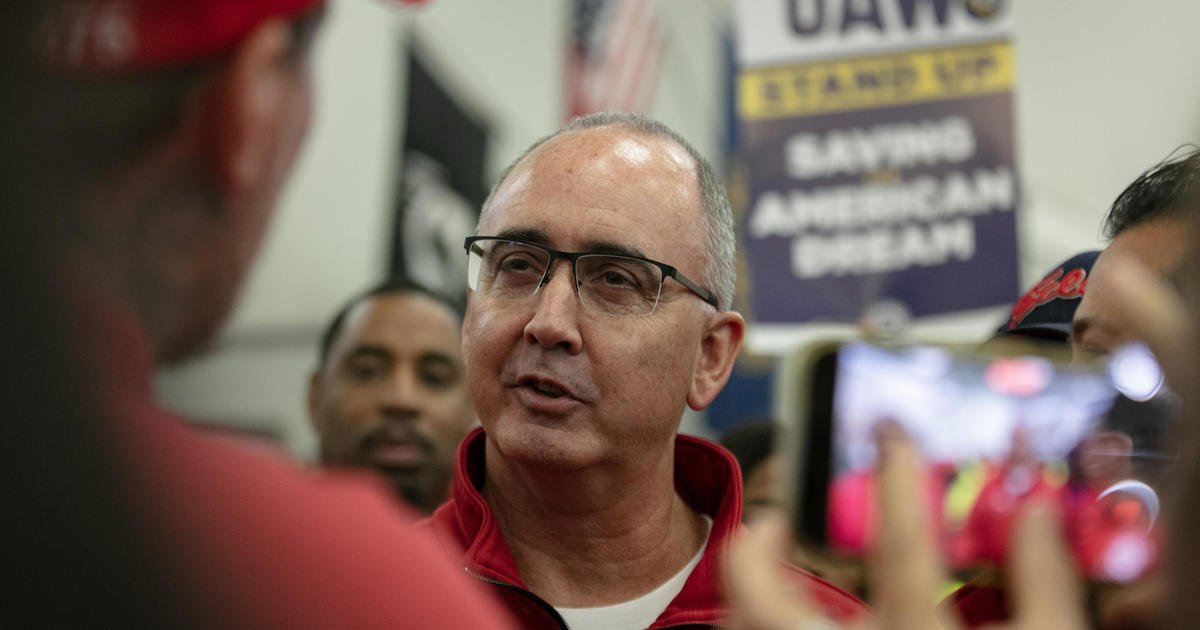ACSI: Detroit Tops Auto Industry for the First Time Ever
Customer satisfaction with domestic automobiles has shown resilience despite an overall decline for the industry, according to a report released today by the American Customer Satisfaction Index.
Overall satisfaction with cars and trucks dipped 2.4 percent from an all-time industry high to a score of 82 on ACSI's zero-to-100 scale, but Ford Motor Co. and General Motors Corp. are holding steady and their Lincoln-Mercury and Buick nameplates took the lead for the first time ever.
Chrysler, however, continues to underperform, with two of its three divisions at the bottom.
"It was not long ago when Detroit's products were clustered at the bottom of the industry," said Claes Fornell, founder of the ACSI and professor at the University of Michigan. "Although very few automakers improved this year, the domestic ones are either steady or have lost less in customer satisfaction compared to international competition. In this sense, the near future looks good for Ford and General Motors. Satisfied customers tend to do more repeat business, generate good word-of-mouth and don't require greater price incentives to come back."
Even though satisfaction with most domestic and foreign automakers declined, U.S. brands showed the smallest drop, while Japanese and Korean brands fall the most, putting the U.S. slightly ahead of the Japanese and Koreans for the first time since 2000, although both continue to trail European automakers.
The news for the U.S. economy as a whole is not as positive. The national ACSI is unchanged from the first quarter of 2010, but it has dropped slightly from a year ago. Following steep increases just before the economy began to recover, customer satisfaction is now stalling. The overall ACSI score is 75.9, compared with 76.1 in the second quarter of 2009.
"Although the near future looks promising for General Motors and Ford, at least in a competitive sense, the near term for the economy does not look bright," said Fornell. "Labor markets show no sign of improvement, financial markets are edgy and consumers are cautious at a time when more household spending would be desirable. Even though ACSI is at a high level, the trend is not upward. Increasing customer satisfaction, rising disposable income and greater consumer confidence would probably be necessary to bring about more spending."
Among the individual auto nameplates, Ford's Lincoln-Mercury division led, up 1 percent to an ACSI score of 89, its highest ever, followed closely by GM's Buick, unchanged at 88. Behind Lincoln and Buick are BMW (down 1 percent), Mercedes-Benz (unchanged) and Cadillac (down 3 percent), all tied at 86, followed by Toyota's recall-plagued Lexus division, down 5 percent to 85.
At the other end of the spectrum, Chrysler's brands drop below the industry average, with the Chrysler division down 5 percent to 80, Dodge down 4 percent to 78 and Jeep at the bottom, falling 3 percent to 77.
A year ago amid the global recession, both discounting and the government's "Cash for Clunkers" program helped many brands reach their highest satisfaction levels ever as a smaller customer base saw an increase in value for money, but this has not been sustainable across the industry. Several automakers retreated from all-time highs set in 2009: Honda (down 5 percent to 84), Hyundai (down 4 percent to 82), Volkswagen (down 6 percent to 81) and Chevrolet (down 4 percent to 80) all drop sharply this year. The same goes for Cadillac, Lexus, Chrysler and Dodge -- all declined from record-high scores last year.
Overall, 14 of the 19 largest auto nameplates showed some deterioration in customer satisfaction over the past year. Of the few nameplates holding steady or improving, Nissan made the biggest gain, up 5 percent to match the industry average at 82 and rebounding from a similar drop a year ago. GMC showed a smaller improvement, up 2 percent to 84.
Toyota's recalls have had a bigger effect on Lexus than on the Toyota brand. The Toyota brand recalls were more visible, affecting millions of Toyota vehicles, but the Lexus recalls impacted a greater proportion of recent Lexus owners, sweeping across nearly the entire Lexus lineup for problems ranging from fuel leaks and engine stalls to rollover risks. While Lexus dropped sharply, Toyota declined only half as much, falling 2 percent to 84.
The American Customer Satisfaction Index is a national economic indicator of customer evaluations of the quality of products and services available to household consumers in the United States. ACSI releases results for various sectors of the economy on a monthly basis to provide up-to-the-moment coverage over the entire calendar year. The national index is updated each quarter and factors in scores from more than 225 companies in 45 industries and from government agencies over the previous four quarters. The Index was founded at the University of Michigan's Ross School of Business and is produced by ACSI LLC.
ACSI can be found on the Web at www.theacsi.org.
(c) 2010, WWJ Newsradio 950. All rights reserved.



